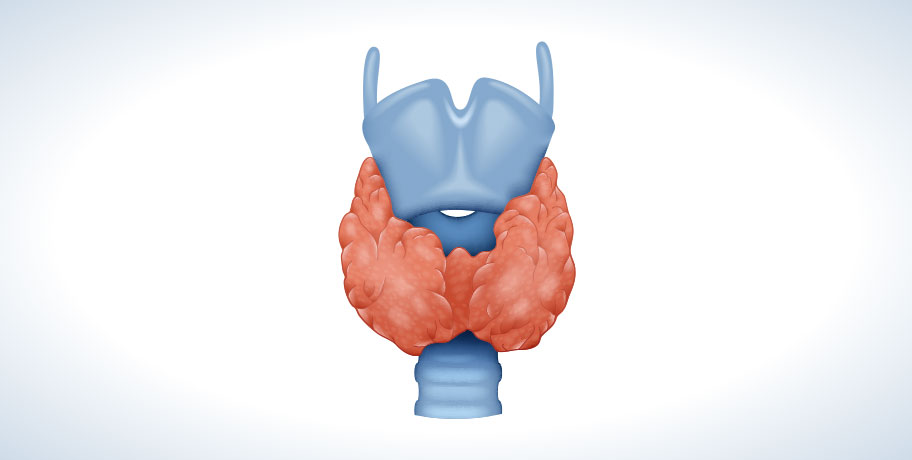
Iodine is an essential trace element that plays a crucial role in maintaining human body functions, particularly in relation to the thyroid gland, as stated by Zimmerman et al. (2009). Their comprehensive review highlights the significance of iodine in various aspects of health.
Thyroid Hormone Production
Zimmerman et al. (2009) emphasize that iodine is a key component in the synthesis of thyroid hormones, T3 and T4, which are responsible for regulating metabolism, growth, and development. Inadequate iodine levels can lead to hormonal imbalances and related health complications.
Normal Thyroid Function
Moreover, iodine deficiency can cause goiter, as highlighted by Pearce (2008). The enlargement of the thyroid gland is a compensatory mechanism due to insufficient iodine levels. Adequate iodine intake is crucial for maintaining proper thyroid function and reducing the risk of goiter.
Cognitive Development
Regarding cognitive development, Hynes et al. (2013) stress the critical role of iodine in brain development, particularly during pregnancy and early childhood. Adequate iodine intake by pregnant women is essential for the normal cognitive development of the fetus. Insufficient iodine levels can result in mental impairment and irreversible intellectual disabilities such as cretinism.
Metabolic Regulation
In terms of metabolic regulation, thyroid hormones dependent on iodine play a significant role, as outlined by Zimmerman et al. (2009). They influence metabolism, energy conversion, and the functioning of various organ systems. Maintaining proper iodine levels is essential for a healthy metabolism and preventing metabolic disorders.
Reproductive Health
Patrick (2008) highlights the importance of adequate iodine levels for reproductive health in both genders. Iodine deficiency can lead to hormonal imbalances, menstrual irregularities, fertility problems, and complications during pregnancy, including miscarriage, stillbirth, and congenital abnormalities.
Antioxidant Properties
Furthermore, iodine exhibits antioxidant properties, as Venditti and Di Meo (2006) elucidate. Its antioxidant effects help protect cells against oxidative stress and free radical damage. This contributes to maintaining tissue integrity, overall health, and reducing the risk of chronic diseases.
Summary
In conclusion, Zimmerman et al. (2009) and other researchers have highlighted the critical role of iodine in human health. From thyroid hormone production and normal thyroid function to cognitive development, metabolic regulation, reproductive health, and antioxidant properties, iodine's significance cannot be overlooked.
Author
Scientific references and sources
Show referencePatrick, L. (2008). Iodine: deficiency and therapeutic considerations. Alternative Medicine Review, 13(2), 116-27.
Pearce, E. N. (2008). Iodine in pregnancy: is salt iodization enough? The Journal of Clinical Endocrinology & Metabolism, 93(7), 2466-8.
Venditti, P., & Di Meo, S. (2006). Thyroid hormone-induced oxidative stress. Cellular and Molecular Life Sciences, 63(4), 414-34.
Hynes, K. L., Otahal, P., Hay, I., & Burgess, J. R. (2013). Mild iodine deficiency during pregnancy is associated with reduced educational outcomes in the offspring: 9-year follow-up of the gestational iodine cohort. The Journal of Clinical Endocrinology & Metabolism, 98(5), 1954-62.
Zimmerman, M. B., Köhrle, J., & Boelaert, K. (2009). Iodine deficiency. Endocrine Reviews, 30(4), 376-408.
